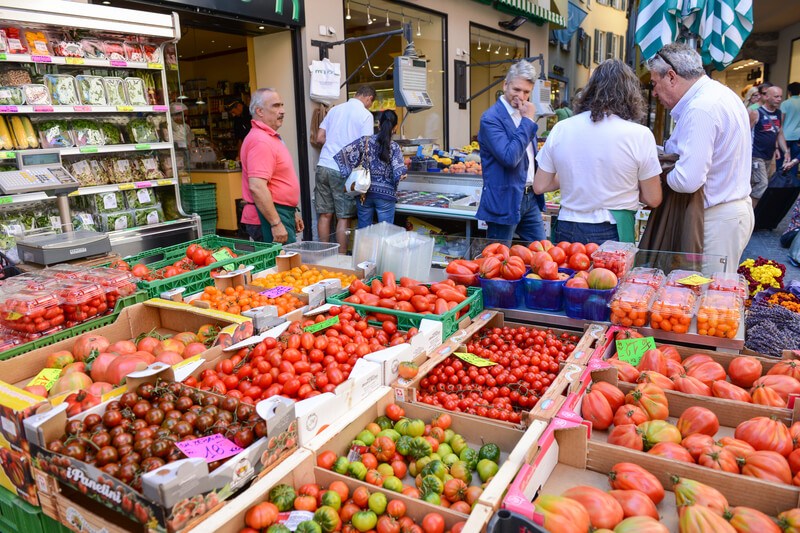Between 1999 and 2017 the amount of organic food produced on Swiss farms more than doubled. © Stefano Ember -Dreamstime.com_ - Click to enlarge In 1999, 5.3% of Switzerland’s farm output was organic. By 2017 this figure had risen to 11.7%. In 1999, Swiss farms produced CHF 562 million worth of organic food. In 2017, they produced CHF 1.2 billion. Consumers are spending more and more on organic produce. From 1998 to 2017, the average percentage of total food expenditure on organic food rose from 4% to 9%. Based on food value, Swiss organic farming is only slightly more labour intensive than the non-organic sort. In 2017, organic farming employed 13.4% of farm labour while producing 11.7% of what ended up in consumer
Topics:
Investec considers the following as important: 3) Swiss Markets and News, Featured, newsletter
This could be interesting, too:
RIA Team writes The Importance of Emergency Funds in Retirement Planning
Nachrichten Ticker - www.finanzen.ch writes Gesetzesvorschlag in Arizona: Wird Bitcoin bald zur Staatsreserve?
Nachrichten Ticker - www.finanzen.ch writes So bewegen sich Bitcoin & Co. heute
Nachrichten Ticker - www.finanzen.ch writes Aktueller Marktbericht zu Bitcoin & Co.
Between 1999 and 2017 the amount of organic food produced on Swiss farms more than doubled.
In 1999, 5.3% of Switzerland’s farm output was organic. By 2017 this figure had risen to 11.7%. In 1999, Swiss farms produced CHF 562 million worth of organic food. In 2017, they produced CHF 1.2 billion.
Consumers are spending more and more on organic produce. From 1998 to 2017, the average percentage of total food expenditure on organic food rose from 4% to 9%.
Based on food value, Swiss organic farming is only slightly more labour intensive than the non-organic sort. In 2017, organic farming employed 13.4% of farm labour while producing 11.7% of what ended up in consumer shopping baskets. This suggests an average worker on an organic farm produces only 13% less than one working on a farm using synthetic chemicals.
Organic farming in Switzerland has only recently made a comeback. In 1973, the Research Institute of Organic Agriculture (FiBL) was created by Switzerland’s organic farming community at a time when this kind of farming was considered backward. Phytosanitary and other synthetic chemicals were rising in popularity and were viewed by many farmers as the future. In addition, shoppers were learning to expect perfect looking fruit and vegetables all year round.
In 1981, several organic organisations merged to create BioSuisse and it’s label. Before 1990, organic products were typically sold in small organic stores, at markets or directly from farms. From 1990, Swiss supermarkets started stocking organic products. Today such products are common place.
In 1997, rules specifying what can and can’t be labelled organic came into force, along with special farm subsidies for organic farmers, which made up 2% of farm subsidies in 2017.
Tags: Featured,newsletter

